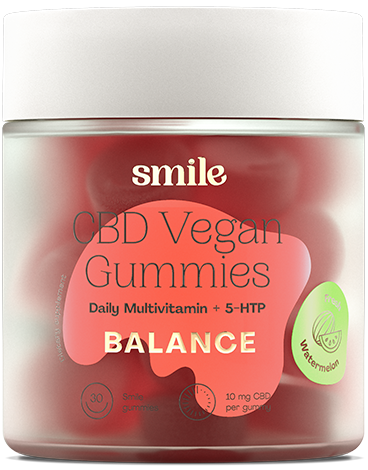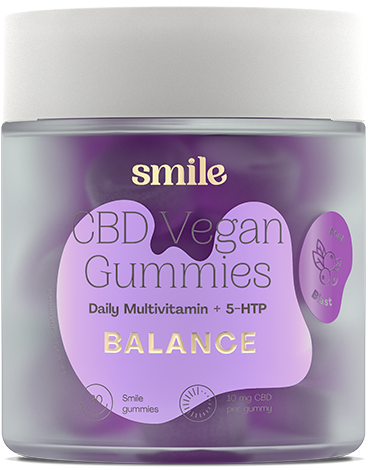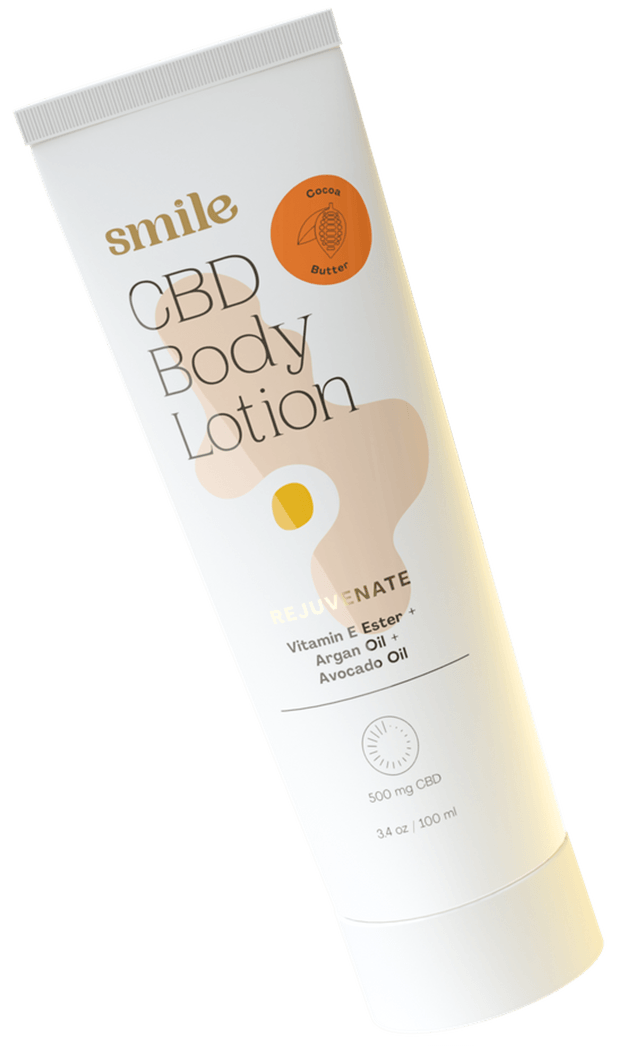You’re probably familiar with melatonin supplements. But did you know your body produces its own melatonin? Melatonin is a hormone that your brain produces in response to darkness, helping to regulate your sleep and the timing of your internal clock. But melatonin plays important roles in your body beyond sleep, from your immune system to managing blood pressure and improving eye health.
Despite melatonin’s many potential health benefits, most people commonly use it as a sleep aide. Melatonin doesn’t make you fall asleep, but it stimulates the signals that tell your body and brain it’s time to go to bed. This ability to help you get to sleep faster is what makes it such an important supplement in CBD products.
Scientists are still studying how CBD effects sleep, and so far the results are mixed. While some studies show CBD can increase total sleeping time, it can also increase the time it takes to fully fall asleep. Other studies suggest CBD’s anti-inflammatory effects help with sleep and can even point to a treatment for insomnia. But another study found that small doses of CBD can stimulate alertness.
Many people use CBD products at night to help reduce pain, calm moods or treat underlying conditions. Adding melatonin helps ensure CBD’s therapeutic effects don’t interfere with your sleep cycle.
Melatonin also fits nicely with CBD’s wide-ranging benefits. In addition to helping you sleep, melatonin can also help you manage depression, especially seasonal affective disorder (SAD). Seasonal depression occurs when your circadian rhythm, your natural sleep and wake cycle, gets out of whack. Melatonin, in low doses, can return your circadian rhythm to a more balanced state, improving mood and decreasing symptoms of depression.
CBD products made with hemp seed oil are rich in antioxidants, and so is melatonin. Antioxidants help prevent damage to your cells, especially as they age. A study involving 100 people found that melatonin supplements helped protect the retina, keep vision sharp and delay age-related damage to the eye.
Melatonin, like cannabidiol, is safe and non-addictive. But it’s important to note that melatonin supplements can interact with certain medications, including antidepressants, blood thinners and blood pressure medications. Always talk to your doctor first before adding a supplement to your daily routine.
Resources
Melatonin: What You Need To Know — 2019
Melatonin, the Hormone of Darkness: From Sleep Promotion to Ebola Treatment — 2014
Effects of melatonin in age-related macular degeneration — 2005


